The Best Companion Plants For Eggplant
Title: The Best Companion Plants for Eggplant
Introduction:
Eggplant is a delicious and versatile vegetable that can be enjoyed in a variety of dishes. But growing eggplants successfully can be tricky, especially if you don't know which companion plants to grow with them.
Companion planting is the practice of planting certain plants together in order to benefit each other. Some companion plants can help to repel pests, attract beneficial insects, or improve the soil quality.
In this blog post, we will discuss the best companion plants for eggplant. We will also provide some tips on how to plant and care for eggplants, so that you can enjoy a bountiful harvest.
Main Content:
Benefits of companion planting
There are many benefits to companion planting. Some of the most common benefits include:
- Reduced pest and disease problems: Companion plants can help to repel pests and attract beneficial insects, which can help to keep your eggplants healthy.
- Improved soil quality: Some companion plants can help to improve the soil quality by adding nutrients or breaking down organic matter.
- Increased yields: Companion planting can help to increase the yields of your eggplants by providing them with support, shade, or other benefits.
Best companion plants for eggplant
Some of the best companion plants for eggplant include:
- Marigolds: Marigolds are a popular companion plant for eggplant because they help to repel pests such as nematodes, aphids, and whiteflies.
- Nasturtiums: Nasturtiums are another good companion plant for eggplant because they attract beneficial insects such as ladybugs and hoverflies.
- Borage: Borage is a flowering herb that attracts beneficial insects and helps to deter pests such as aphids and cabbage moths.
- Dill: Dill is a herb that attracts beneficial insects such as parasitic wasps and hoverflies. It can also help to improve the flavor of eggplants.
- Beans: Beans are a nitrogen-fixing legume that can help to improve the soil quality for eggplants. They can also help to suppress weeds.
- Peas: Peas are another nitrogen-fixing legume that can be a good companion plant for eggplants. They can also help to shade the eggplants and prevent them from getting too hot.
- Spinach: Spinach is a cool-season crop that can be planted around eggplants to help suppress weeds and provide shade.
- Onions: Onions have a strong scent that can repel pests such as aphids and mosquitoes. They can also help to improve the flavor of eggplants.
- Carrots: Carrots are a root crop that can be planted around eggplants to help deter pests such as root knot nematodes.
How to plant and care for eggplants
Eggplants are a warm-season crop that should be planted after the last frost. They prefer full sun and well-drained soil. Eggplants need to be watered regularly, especially during hot weather. They should also be fertilized every few weeks with a balanced fertilizer.
Eggplants are susceptible to a number of pests and diseases, so it is important to monitor them closely. If you see any signs of pests or diseases, take action immediately.
Conclusion
By planting companion plants with your eggplants, you can help to improve their health and productivity. Companion planting can also help to reduce your workload by attracting beneficial insects and suppressing weeds.
If you are new to companion planting, start by planting a few of the companion plants listed above. You will be surprised at how much of a difference they can make in the health and productivity of your eggplants.
There are many great companion plants for eggplant, including:
- Bush beans: Bush beans are a nitrogen-fixing legume that can help to improve the soil quality for eggplants. They can also help to deter pests such as Colorado potato beetles.
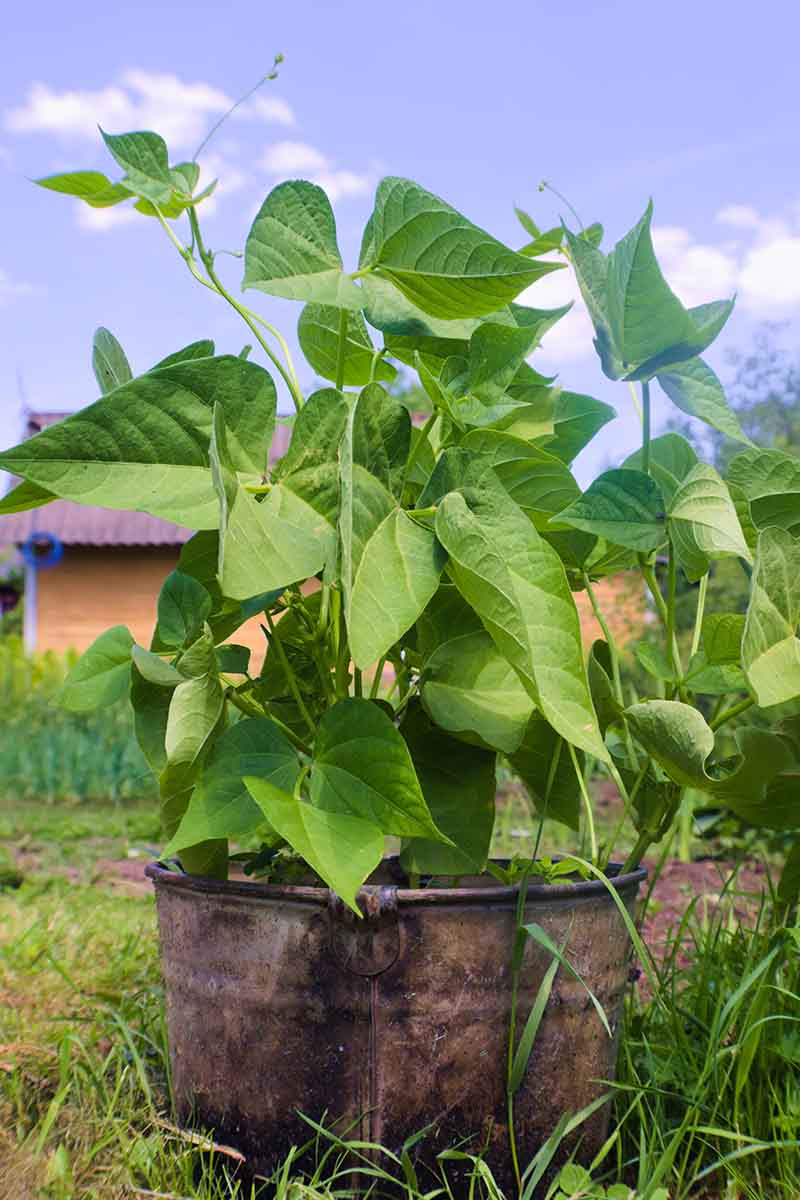
- Marigolds: Marigolds are known for their pest-repelling properties. They can help to keep eggplants away from aphids, whiteflies, and other common garden pests.
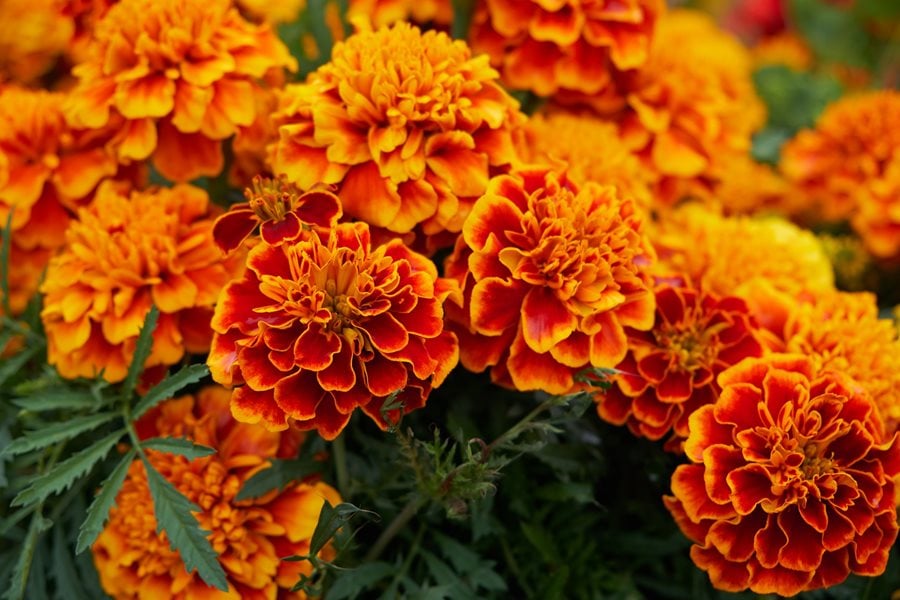
- Nasturtiums: Nasturtiums are another great choice for companion plants for eggplant. They are attractive to pollinators, which can help to increase eggplant yields. They can also help to deter pests such as flea beetles and cabbage worms.

- Dill: Dill is a fragrant herb that can help to attract beneficial insects, such as parasitic wasps, to the garden. These insects can help to control pests that can damage eggplants.
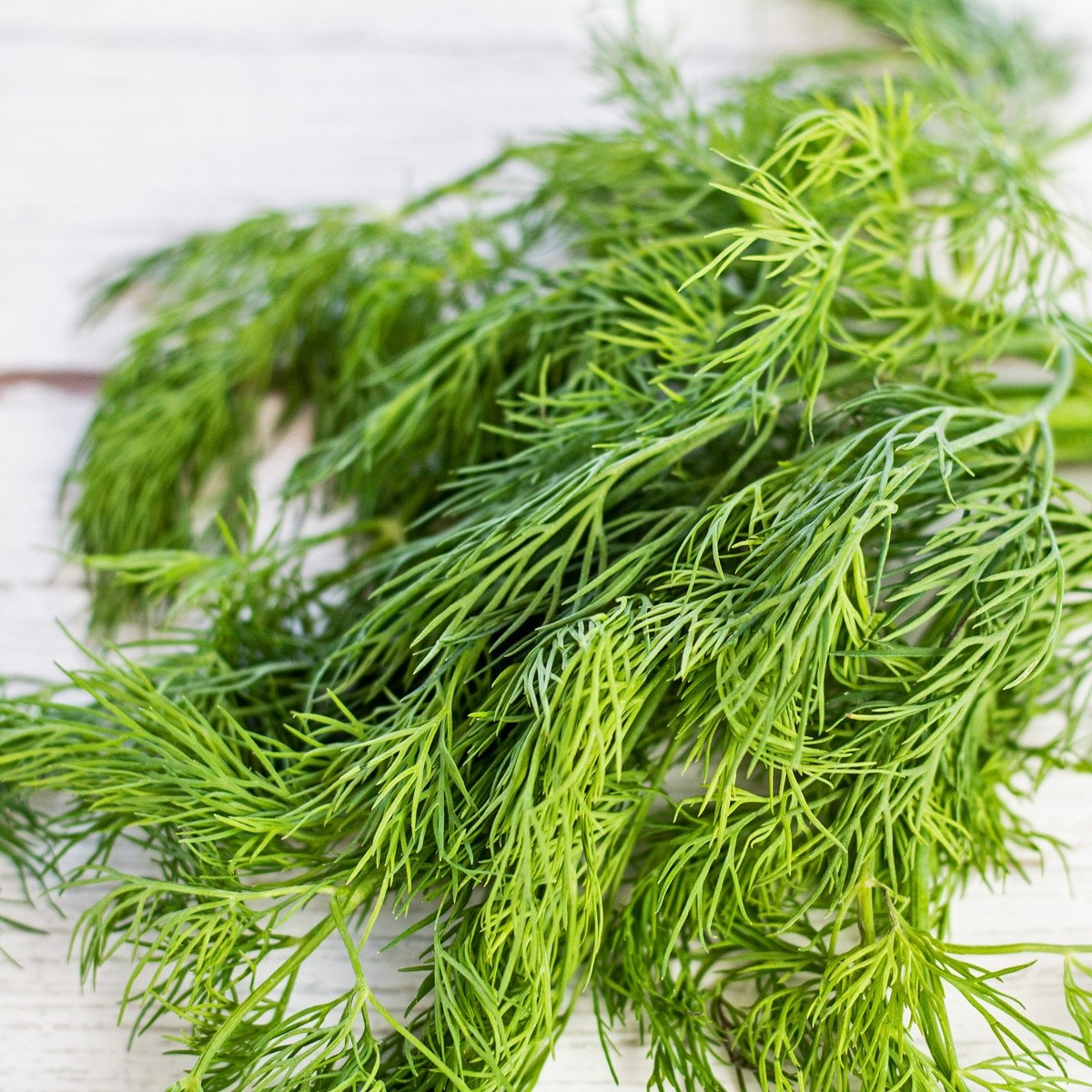
- Brassicas: Brassicas, such as broccoli, cabbage, and kale, can help to deter pests such as aphids and cabbage moths. They can also help to improve the soil quality for eggplants.
For more information about companion plants for eggplant, please visit Home Gardening.
FAQ of companion plant to eggplant
- What are some good companion plants for eggplant?
Some good companion plants for eggplant include:
Beans: Beans are nitrogen-fixing plants, which means they can add nitrogen to the soil, which is beneficial for eggplants.
Carrots: Carrots are root vegetables that don't mind being shaded by eggplants. They also help to repel pests.
Marigolds: Marigolds are known for their insect-repelling properties. They can help to keep pests away from eggplants.
Nasturtiums: Nasturtiums are another good insect repellent. They also attract beneficial insects, such as ladybugs, which can help to control pests.
Peas: Peas are another nitrogen-fixing plant that can benefit eggplants. They also help to suppress weeds.
What plants should I avoid planting near eggplant?
Some plants that you should avoid planting near eggplant include:
Fennel: Fennel can stunt the growth of eggplants.
Corn: Corn can compete with eggplants for water and nutrients.
Geraniums: Geraniums can make certain diseases more likely to affect eggplants.
Pumpkins: Pumpkins can compete with eggplants for space and nutrients.
Zucchini: Zucchini can compete with eggplants for water and nutrients.
When is the best time to plant eggplant?
Eggplant is a warm-season crop, so it's best to plant it after the last frost of the spring. You can start eggplant seeds indoors about 6 weeks before the last frost, or you can plant eggplant seedlings outdoors after the last frost.
- How much space do eggplants need?
Eggplants need full sun and plenty of space to grow. They should be spaced at least 2 feet apart.
- How do I care for eggplants?
Eggplants need regular watering, especially during hot weather. They also need to be fertilized every few weeks. Eggplants are susceptible to a number of pests and diseases, so it's important to inspect them regularly and take steps to control any problems.
Image of companion plant to eggplant
- Tomatoes. Tomatoes are in the same family as eggplant, the nightshades, so they make good companions. They help to deter pests and diseases, and they also attract pollinators.

- Cucumbers. Cucumbers and eggplants have similar growing requirements, so they can be planted together. They also help to shade the soil, which can help to prevent the eggplants from getting too hot.

- Basil. Basil is a fragrant herb that can help to deter pests and attract pollinators. It also helps to improve the flavor of eggplants.

- Marigolds. Marigolds are another fragrant herb that can help to deter pests. They also help to improve the drainage of the soil, which can be beneficial for eggplants.
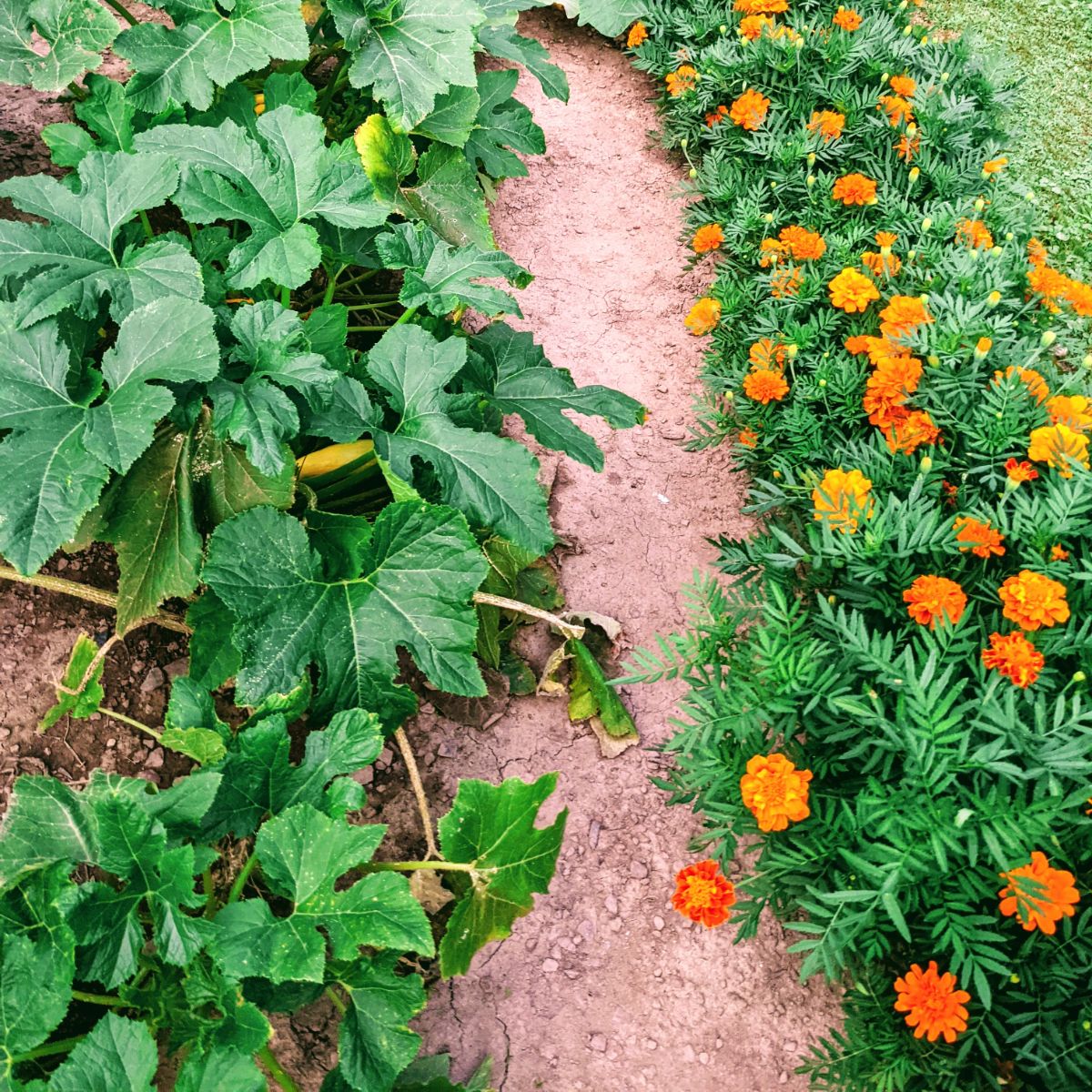
- Leeks. Leeks help to repel aphids and other pests. They also help to improve the flavor of eggplants.

- Spinach. Spinach helps to suppress weeds and improve the drainage of the soil. It also helps to attract pollinators.

- Carrots. Carrots help to improve the flavor of eggplants. They also help to repel nematodes, which are a type of soil-borne pest.

- Herbs. Other herbs that can be good companions for eggplants include dill, oregano, and thyme. These herbs help to deter pests and attract pollinators.



- Flowering plants. Some flowering plants that can be good companions for eggplants include nasturtiums, zinnias, and sunflowers. These flowers help to attract pollinators and improve the appearance of the garden.

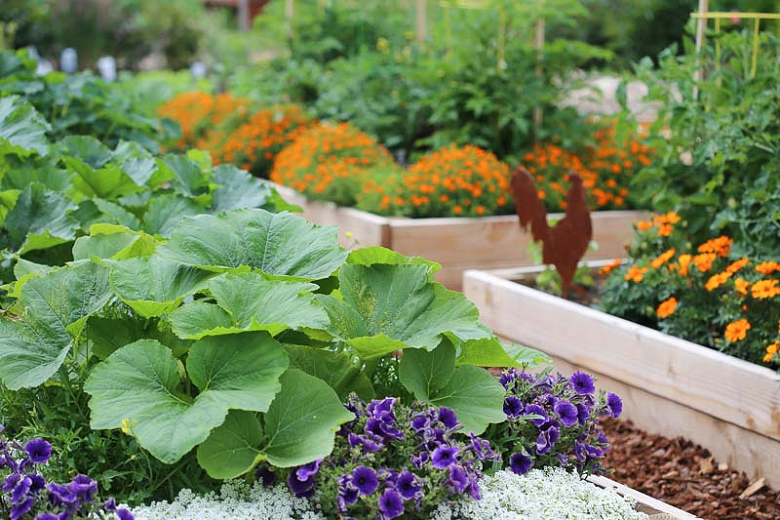

- Lettuce. Lettuce helps to suppress weeds and improve the drainage of the soil. It also helps to attract pollinators.


Post a Comment for "The Best Companion Plants For Eggplant"